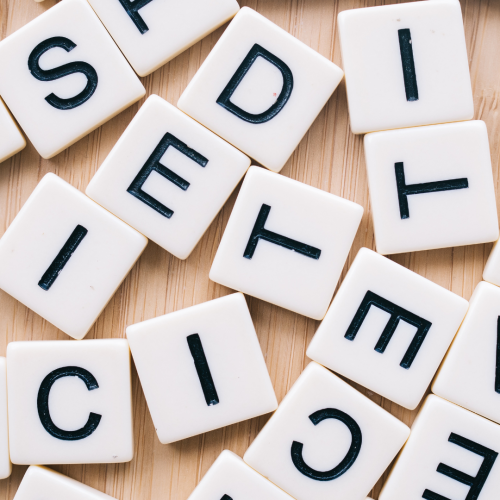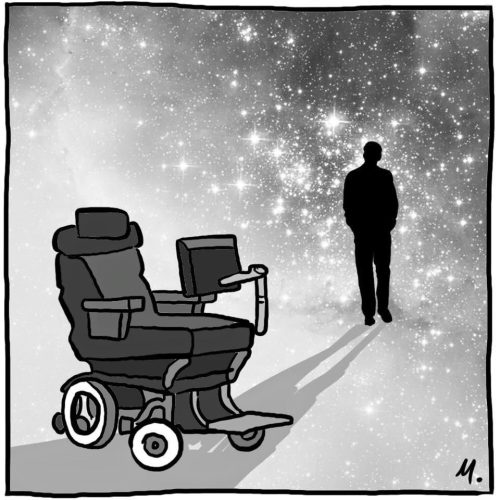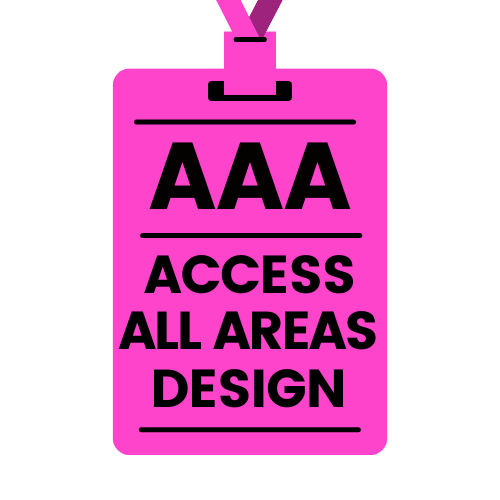PERSON-FIRST LANGUAGE

Language, and the significance we attach to words, creates attitudes, drives social policies and laws, influences our feelings and our decisions, and has an effect on people’s lives. Words, their meanings, and how we use words matters a great deal.
Often, the way someone is devalued, marginalised, and discriminated against is through language, by using words or labels to identify a person or group as “less-than,” as “the other”, or “not like us”. Once a person or group has been identified this way, it makes it easier to justify prejudice and exclusion.
Historically, the way in which people with disabilities have been described evokes feelings and imagery that perpetuate archaic and negative stereotypical perceptions, which can be an obstacle to their inclusion. Some of the words used to describe people with disabilities have been: handicapped, infirm, confined, lame, maimed, special needs, spastic, mentally retarded, invalid, etc.
Our language shapes our attitudes, our attitudes shape our language, hence the push for the use of inclusive language in relation to disability. People-first language has become the most widely accepted terminology when it comes to describing people with a chronic illness or a disability. People-first language puts a person before a disability or a diagnosis. A disability is what someone ‘has’ not what someone ‘is’. For example, describing someone as “a person with an amputation” rather than “an amputee”. People-first language is not political correctness, instead, it demonstrates respect and inclusion, and it can change the way we see a person.
When referring to someone with a disability, it’s important not to use language that implies they’re inspirational simply because they experience disability. Having a disability doesn’t make someone a hero, a saint, a victim, a burden, or courageous simply because they are living their lives. It can be condescending to suggest that a person with a disability is brave simply for getting through the day. Conversely, terminology that refers to people with disabilities as being victims or weak is to be avoided. For example, referring to people with disabilities as being objects of pity by using words such as “suffering from”, or “afflicted by” can be changed to “she developed MS” or “he has cerebral palsy”.

The terms “wheelchair bound” or “confined to a wheelchair” should also be avoided. A person who uses a wheelchair is not bound by the chair; they are enabled and liberated by it, becoming an extension of their body. When Stephen Hawking, one of the greatest scientists of the modern age, died last year, there were many tributes written about him. The pioneering astrophysicist spent his life changing the way we think about the universe, but his countless obituaries showed not much had changed in the way his disability was written about.
Many stories about Hawking’s death used phrases such as “he overcame his disability,” or “in spite of his disability,” as if achievement and disability are contradictory. There was outrage about a particular image on social media that depicted a silhouette of a man surrounded by stars standing away from his wheelchair. The image was accompanied by references to Hawking being “free” of his wheelchair in the after-life, implying that disabled people dream of shedding their disability and that the technology they use is a burden. Hawking’s wheelchair didn’t confine him. With a sophisticated computer, it enabled him to work, travel, write and lecture.
As Stephen Hawking himself said, “My disabilities have not been a significant handicap in my field, which is theoretical physics,” he wrote in Science Digest in 1984. “Indeed, they have helped me in a way by shielding me from lecturing and administrative work that I would otherwise have been involved in.”
Overall, using people-first language—putting the person before the disability—and eliminating old, prejudicial, and hurtful descriptors, can move us in a new direction when it comes to talking about people with disabilities.
